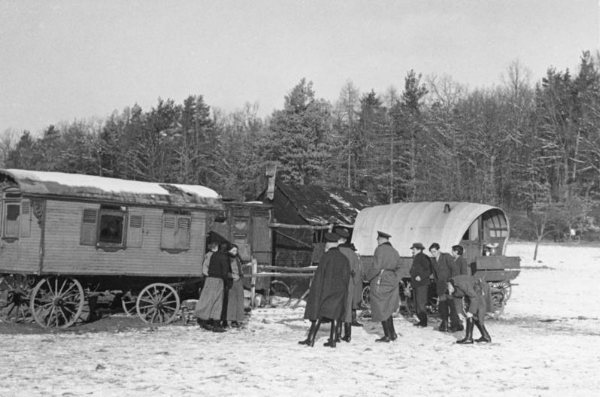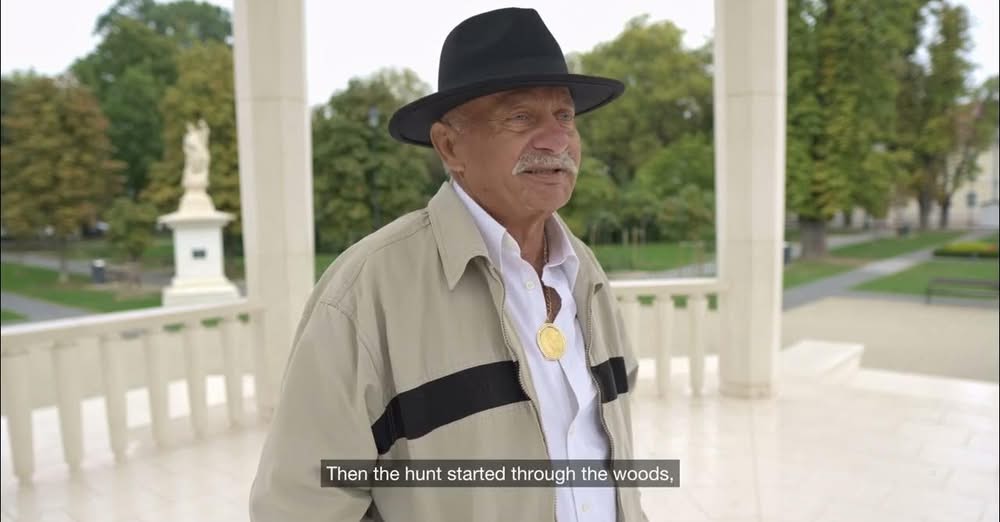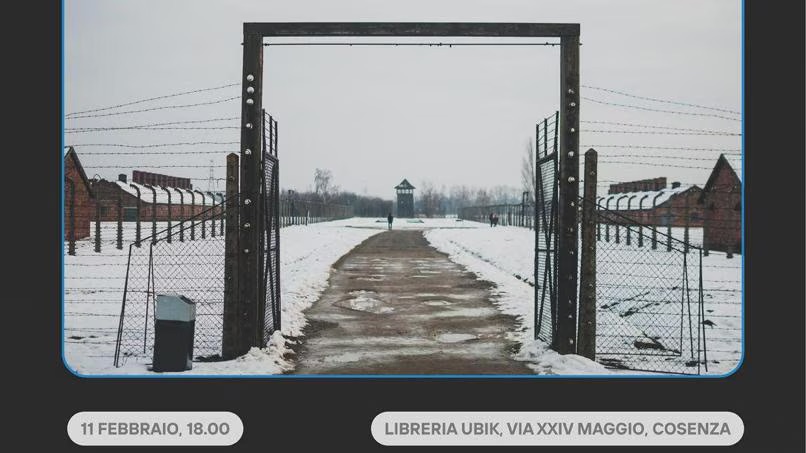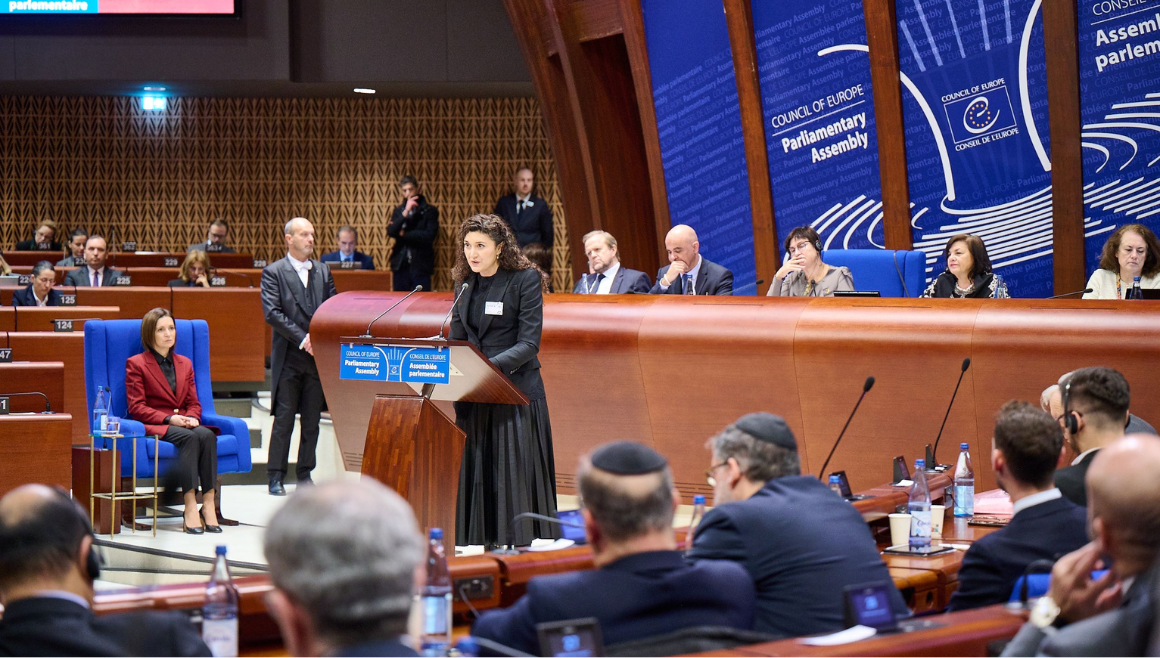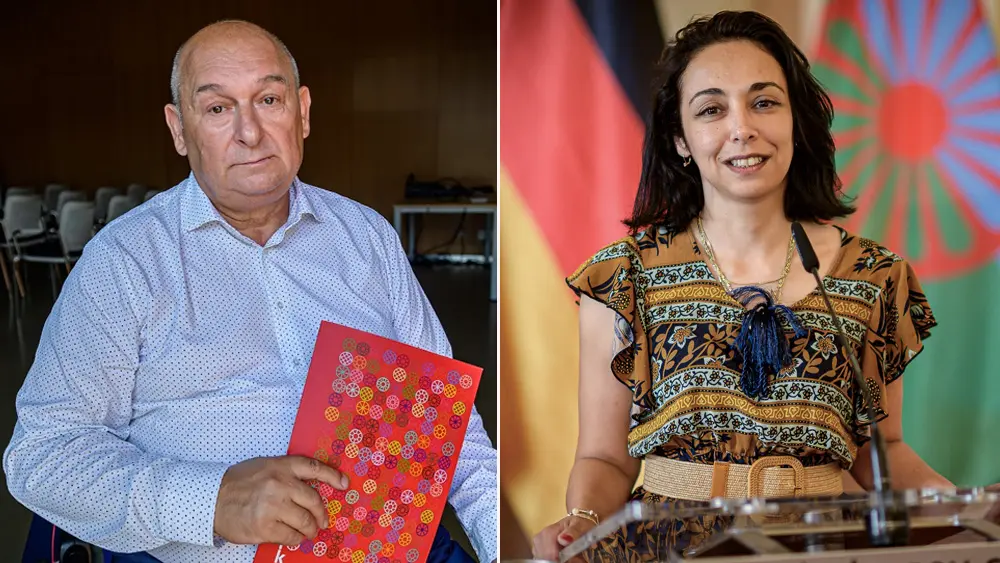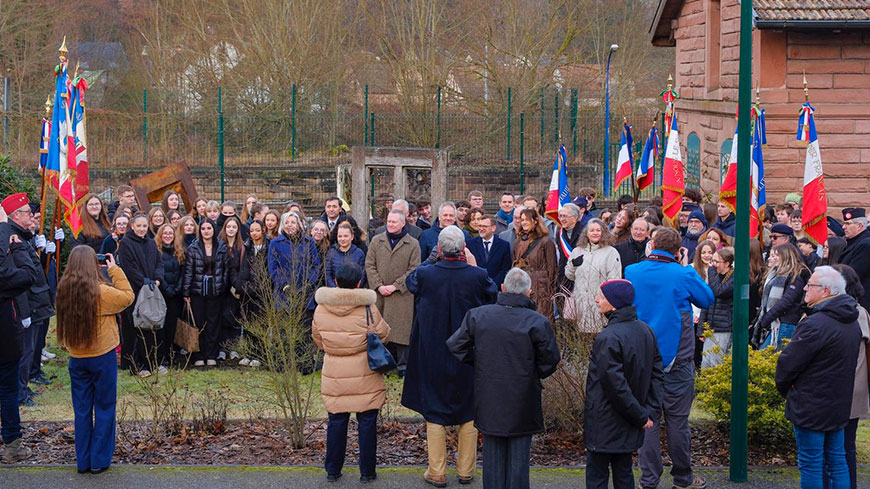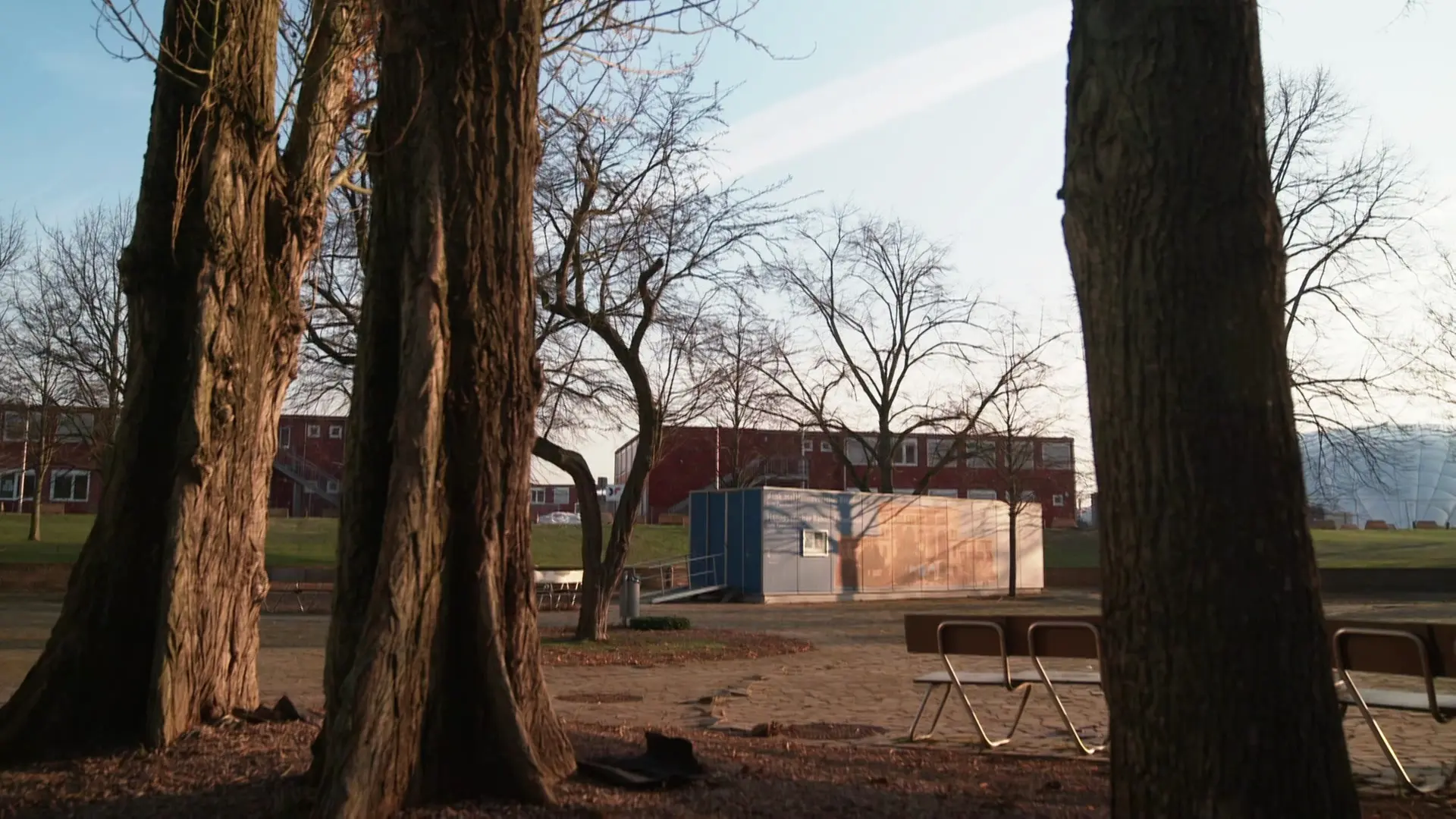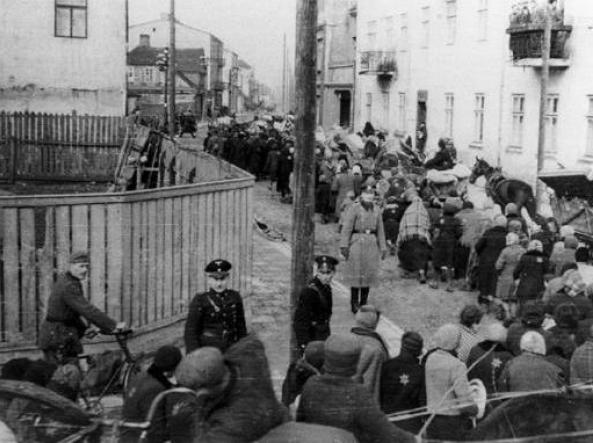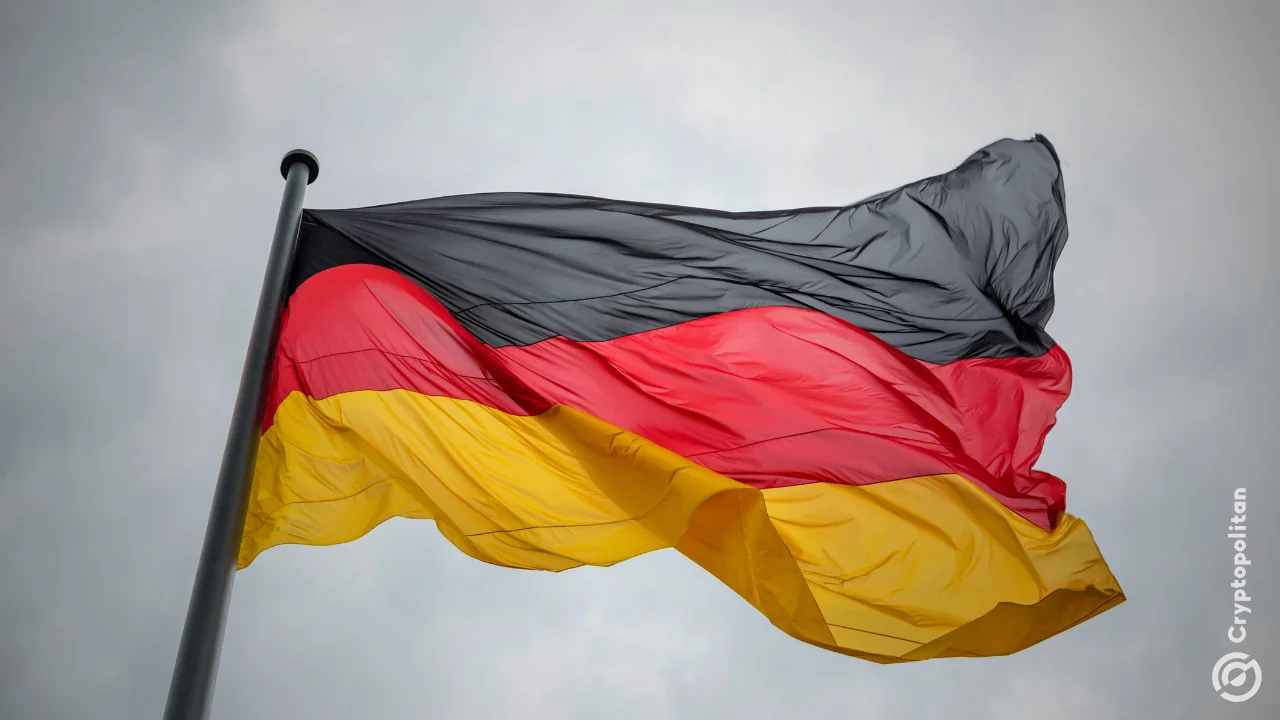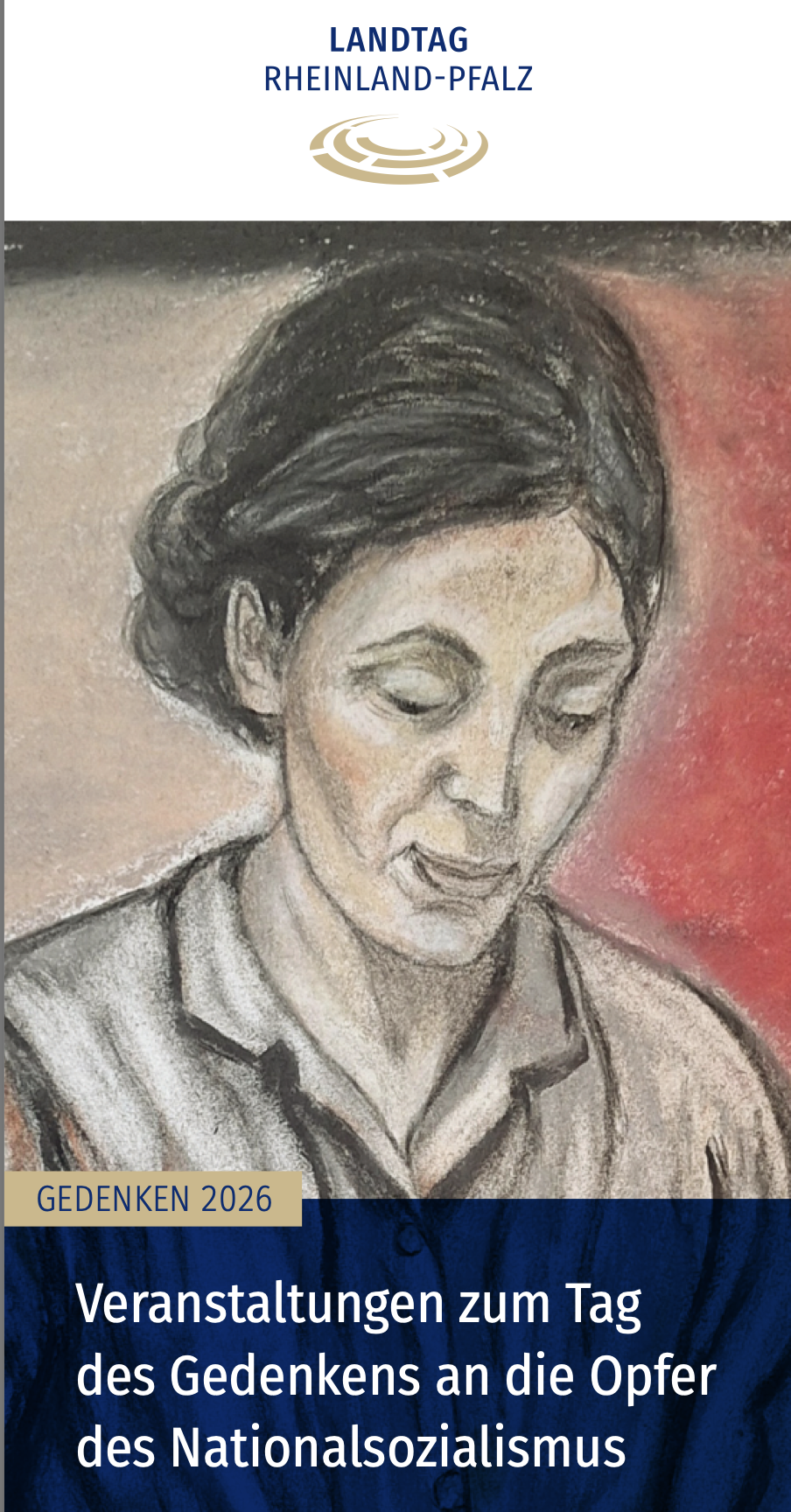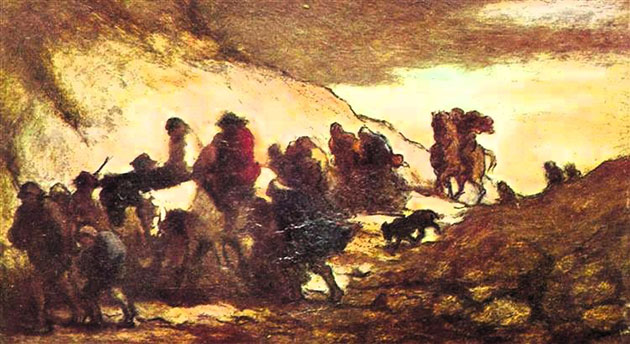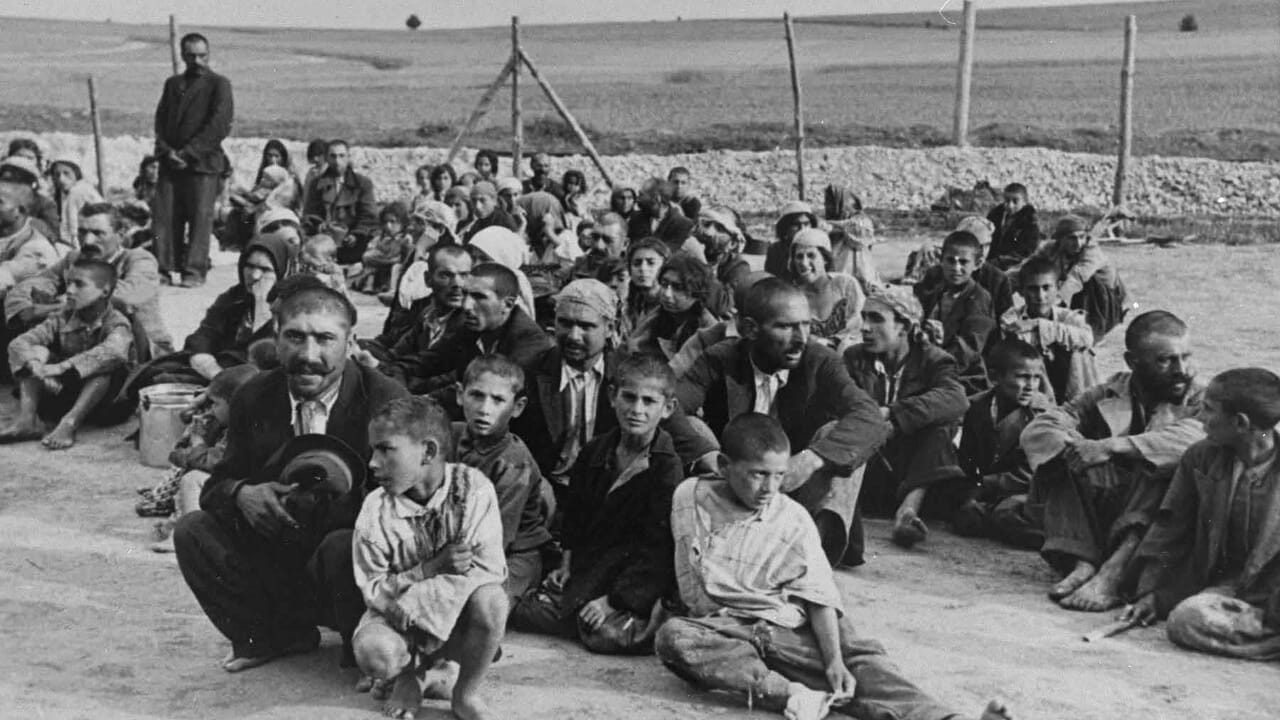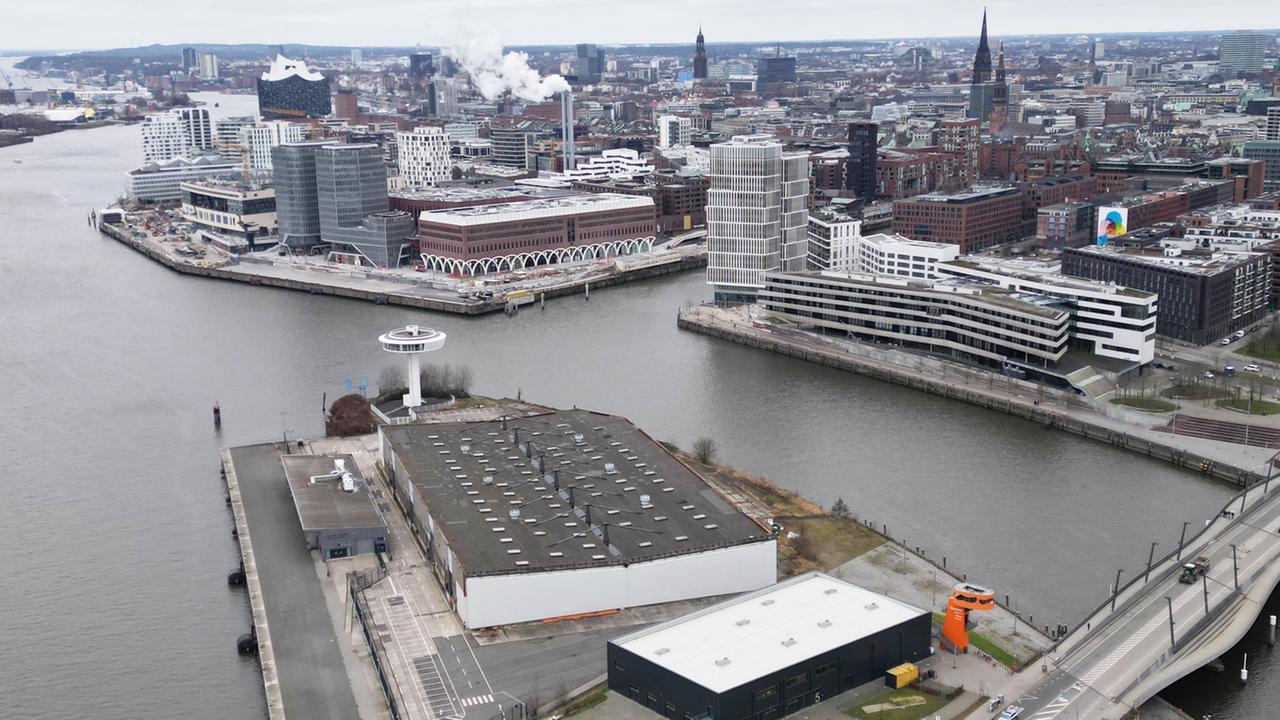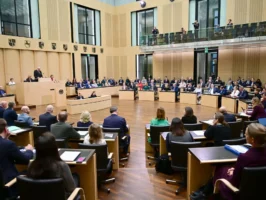On Thursday, February 26, 2026, the Society for Geography and Cultures of the World, in cooperation with the Museum of Nature and Environment, will host a lecture at 7 p.m. entitled “Sinti and Roma in Lübeck – From 1933 to the Present Day.” The speakers are the authors of the book of the same name, Elisabeth Eßer and Gerhard Eikenbusch, who will present the results of their joint research on the lives of Lübeck’s Sinti and Roma from the Nazi era to the present day.
- Vortrag über die Geschichte der Sinti und Roma in Lübeck von 1933 bis heute. In: Hier Lübeck. 16.02.2026. https://hier-luebeck.de/index.php/vortrag-ueber-die-geschichte-der-sinti-und-roma-in-luebeck-von-1933-bis-heute/
